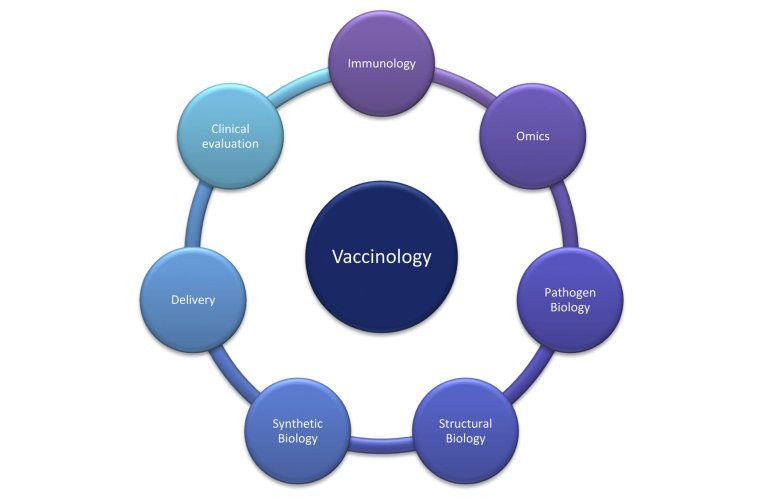Fish vaccinology

The potential benefits of vaccines for farmed fish include improved animal welfare, reduced environmental impacts of aquaculture activities, increased food quality and quantity, and more sustainable production. Although good management practices can reduce the susceptibility to diseases, infections remain a major constraint to expansion of fish farming. The culture environment can stress the fish due to high stocking densities, reduced oxygen levels, sub-optimal water quality and high pathogen loads. Therefore, farmed fish, similar to farmed animals, have an increased susceptibility to infectious diseases. Such diseases may be bacterial, viral, fungal or parasitic in origin and vaccination has been a key tool in the fight against pathogens.